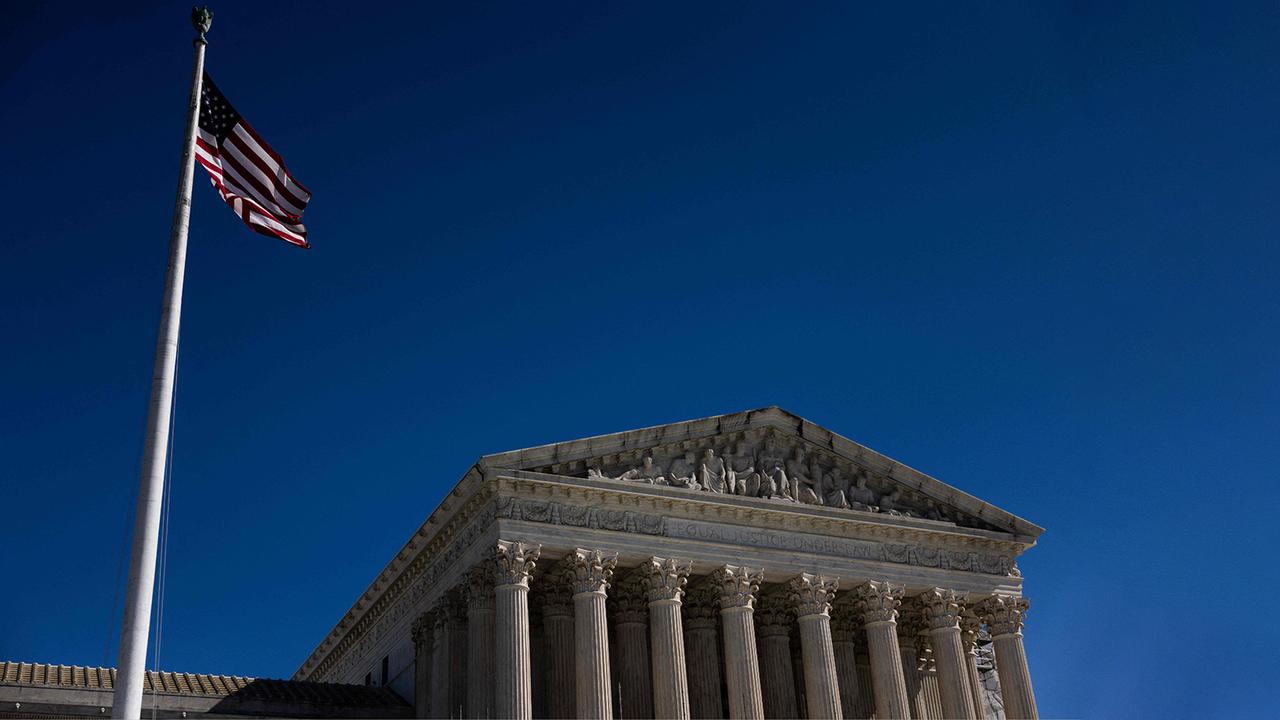The Supreme Court of the United States brakes President Trump's deportation plans. A group of Venezuelan prisoners must not be deported for the time being. The judges thus gave an urgent request from human rights lawyers.
The Supreme Court of the United States has temporarily suspended the deportation of several Venezuelan men in immigration. “The government is instructed to deport no members of this alleged group of prisoners from the United States until further notice,” the judges said in a letter published early Saturday morning.
US President Donald Trump had appointed himself to the “Alien Enemies Act” from 1798 last month to have alleged Venezuelan gang members imprisoned in Texas to a high-security prison in El Salvador. Trump accuses the migrant to belong to the criminal Latin American gang “Tren de Aragua”.
Lawyers deny membership in a gang
The lawyers of several Venezuelans, which have already been deported, had previously stated that their clients were not members of the gang “Tren de Aragua” and had not committed any crimes. They were particularly targeted by their tattoos. The US government classifies the gang as a terrorist association.
The Supreme Court ordered to take a break after human rights lawyers made an urgent application to stop the deportation of the migrants held.
The Venezolans' lawyers had stated that their clients threatened their clients without the judicial review previously ordered by the judges. They had reported that some of the men had already brought them to buses and that they had been announced.
Does the government adhere to the judge's decision?
The Supreme Court gave no information on how much time the migrants should now be given. Lawyers across the country demanded a period of 30 days so that they can contest the deportation. The government of US President Trump has not publicly commented on how much time it wants to give the migrants.
She described her as members of a gang that was involved in human trafficking and other crimes in South America. “We will not reveal the details of our anti-terrorist mission, but we will stick to the judgment of the Supreme Court,” said the deputy minister of home protection, Tricia McLaughlin, on Friday.
The case raises the question of whether the Trump government adheres to the limits set by the Supreme Court. It carries the risk of a significant conflict between the two equal powers and possibly even a comprehensive constitutional crisis.




